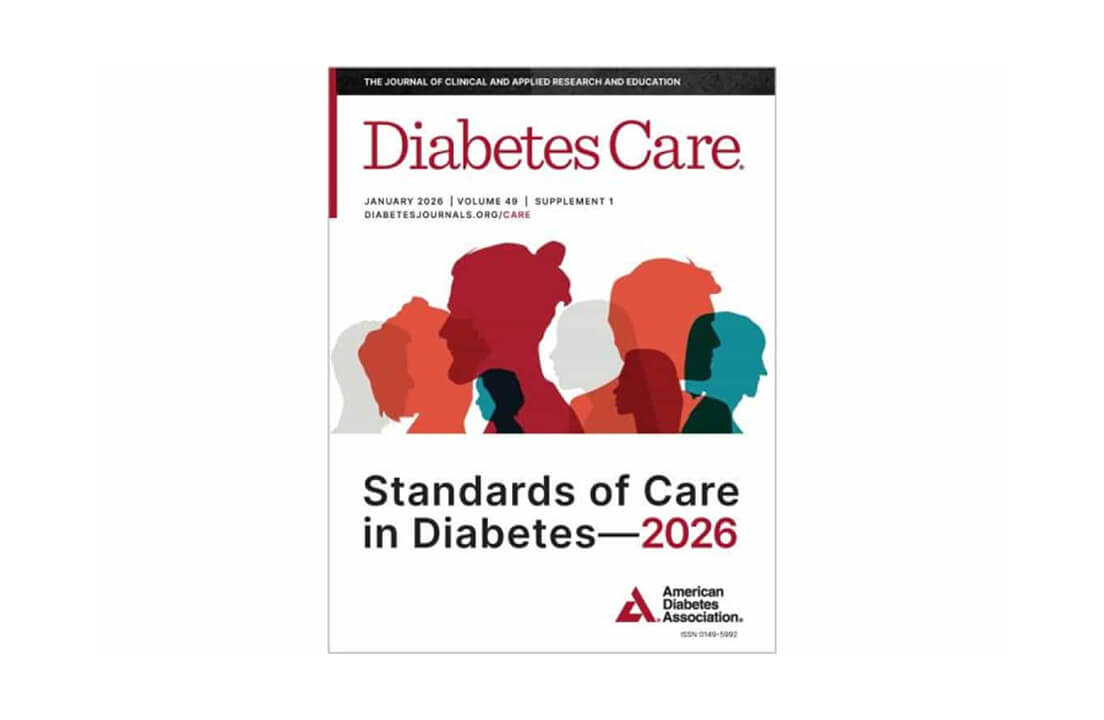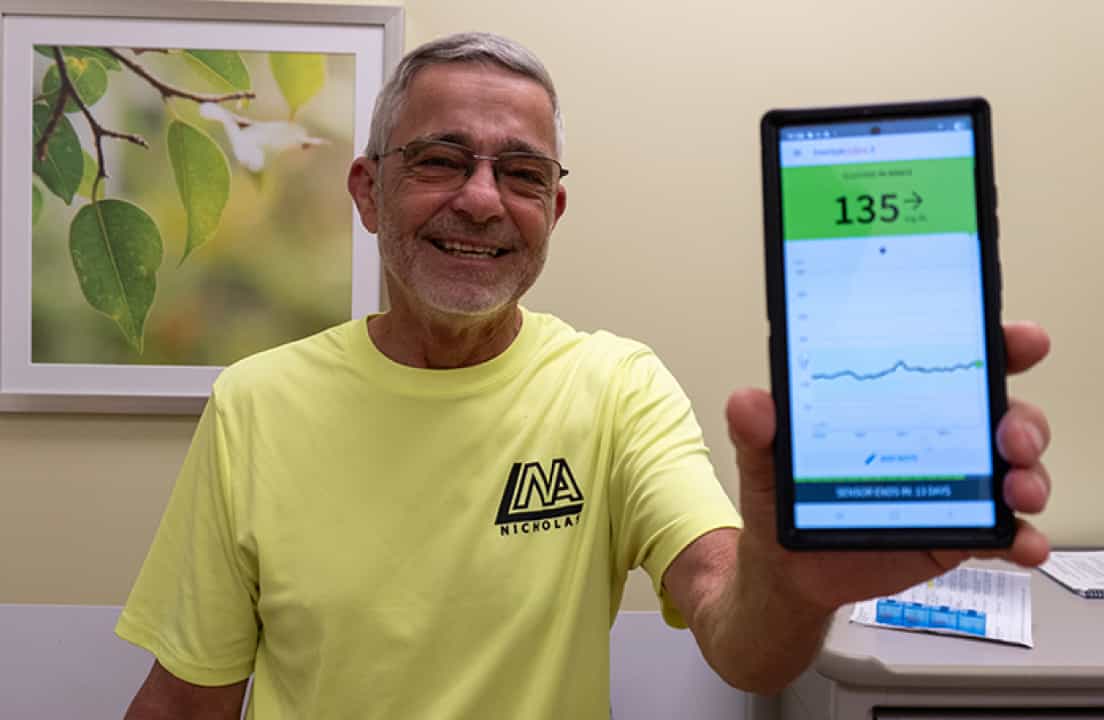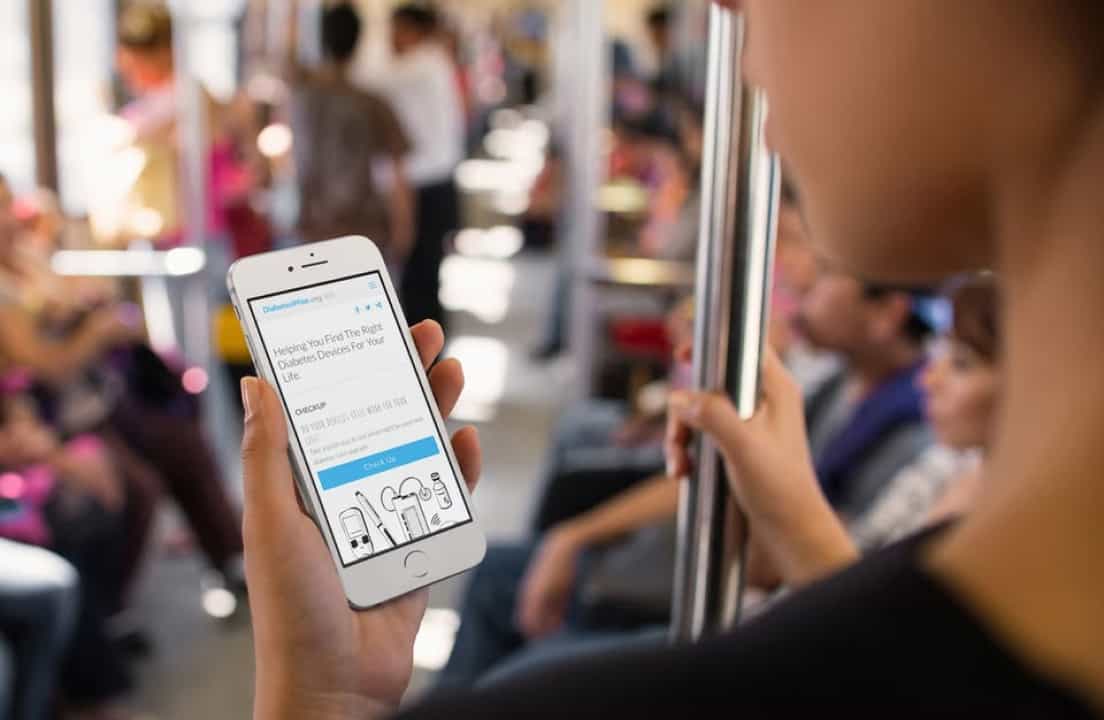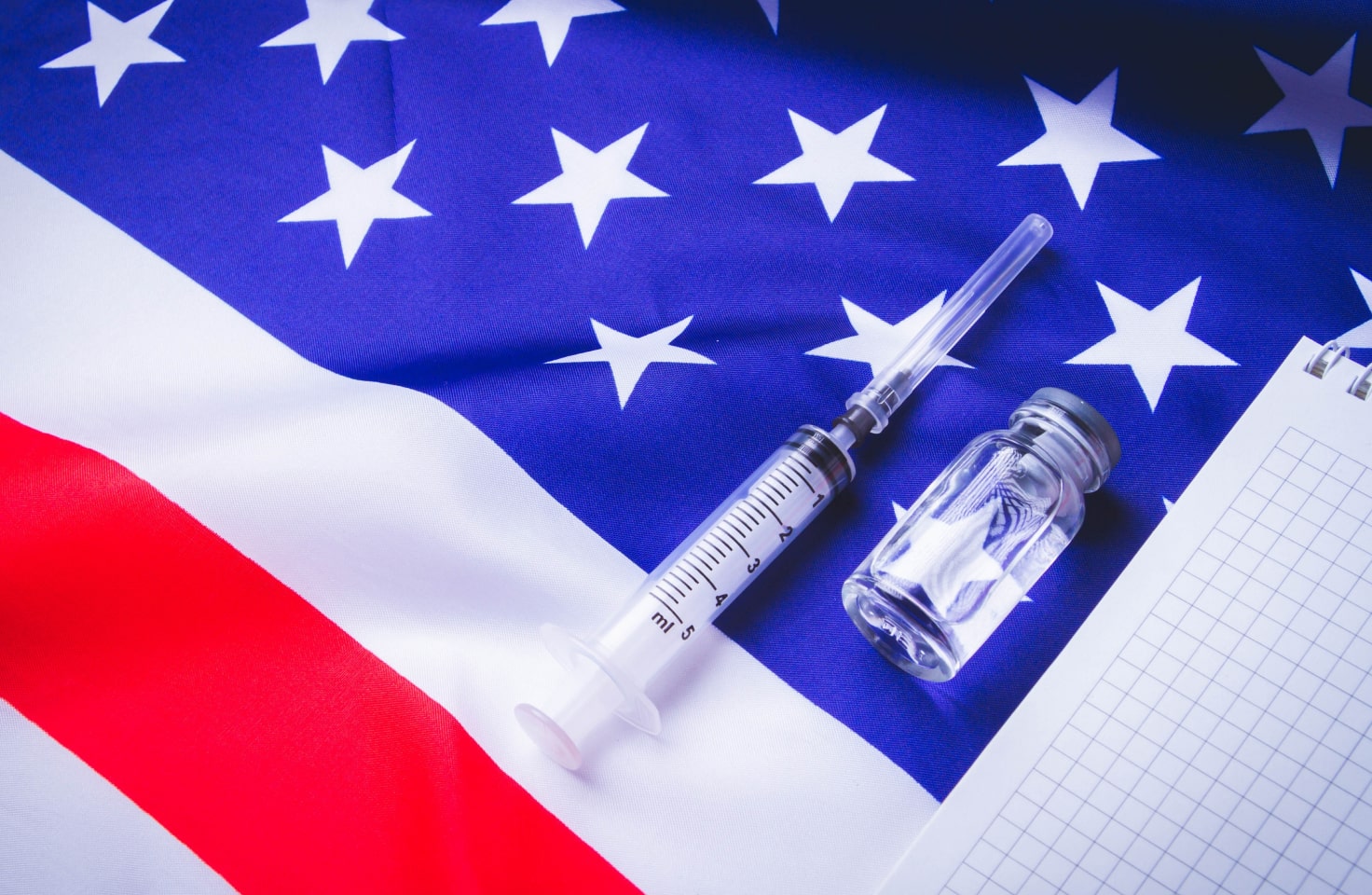T1D Guide
T1D Strong News
Personal Stories
Resources
T1D Misdiagnosis
T1D Early Detection
Research/Clinical Trials
8 Tips to Tackle Holiday Stress with Diabetes
Let’s face it—the most wonderful time of the year can be loaded with stress, sickness, and anxiety. And since stress can take its toll on our physical and mental health, our sleep and our immune systems, not to mention the effects on blood glucose levels, it’s best to face the beast head-on.

Being aware and prepared to handle the nuances of the holidays is half the battle. With so much going on between Thanksgiving and the New Year, our routines fall by the wayside. However, when you have type 1 diabetes (T1D), routines are your best friend; eating the same foods at the same time and adhering to your workout and meditation schedules all keep blood sugar levels in a beautiful tight range.
Now you throw in Christmas cookies around the clock, Mom’s pecan pie, a smokey apple cider paloma at your work party, and your holiday season is in trouble. Not to mention the anxiety and fret over finances, traveling, and what to get Aunt Peggy—all of which can build to a giant meltdown at your family gatherings.

Fear not! We have eight practical tips for managing holiday stress and your T1D health like a champ.
T1D Strong's Guide to Managing Holiday Stress
First, please note the holiday blues are real for some. Expectations run high, and when we aren’t experiencing the jubilee of wonder, we think something might be wrong with us.
Anxiety and depression can skyrocket, especially with the burden of diabetes management. If your mental struggles need some additional attention, it’s important to seek counseling, therapy, or call a crisis hotline.
8 Tips to Keep Your Sanity Through the Holidays
Here are some important reminders to get you through to the new year and stay healthy and improve your diabetes management plan!
1. Watch What You Eat
December is a time to indulge for most. We can worry about the extra pounds on January 1st. Nevertheless, there are ways to still enjoy yourself and not go off the deep end by throwing away all your hard work this year.
Carla Cox, a certified diabetes care and education specialist with over 30 years of experience, shared some advice for attending holiday parties. “Try to take something you know you can eat freely: a vegetable tray, sliced avocados or mixed nuts.” This way you won't be forced to eat what the host offers and your magnanimity will be commended.
For additional reminders on T1D food options, here are some pointers from New York registered dietitian Rachel Stahl Salzman.
- Choose whole foods over highly processed foods.
- Eat plenty of non-starchy vegetables (salad greens, tomatoes, spinach, Brussels sprouts, mushrooms, cucumbers, celery, and peppers), and limit starchy vegetables like corn, white potatoes and sweet potatoes, which can lead to high blood sugar.
- Increase fiber intake.
- Minimize added sugar and refined grains.
- Limit sugar-sweetened beverages.
2. Stay Active
Now is not the time to let your workouts take a back seat. In fact, they’re more important than ever. Pumping iron relieves stress levels and anxiety and improves sleep habits. It also increases energy, muscle production, and circulation and enhances your mood by releasing endorphins. It’s also been known to ease depression and seasonal affective disorder (SAD).

Most importantly, physical activity is key to managing blood sugar levels. Cox said, "exercising during the holidays not only helps with glucose but also combats stress management. A walk with friends and family is always a good option.”
Other easy tricks to burn extra calories include cleaning your house and walking at the mall.
3. Stay Healthy
Some key ways to stay healthy during the holiday are managing your blood sugars and stress levels. Adhering to your workout routine and getting enough sleep are crucial as well. You’ll notice all these tips are interwoven. Making healthy food choices by eating vitamin-rich food options loaded with antioxidants helps.
Washing your hands and avoiding sick people doesn’t hurt. If someone sits next to you at the airport coughing up a lung, it’s okay to move seats. Another paramount tip is to get your flu shot! It’s not too late. We all know how the flu wreaks havoc on your glucose numbers. It also increases your resistance to insulin and can help you avoid serious complications, like the risk of diabetic ketoacidosis (DKA).
4. Be Mindful of Alcohol
Like food, it’s easy to over-imbibe during festivities, but when you have diabetes, there are some critical strategies you need to practice. Be careful with alcoholic, sugary cocktails that can spike blood sugars, creating the rollercoaster effect of chasing highs and lows. Besides the dangers for people with diabetes and the risk of hypoglycemia, alcohol can increase the risk of heart disease and certain cancers and can make neuropathy worse. Plus, it can contribute to weight gain.
Cox said, “If you choose to drink alcohol, drink water first, then a drink and a cup of water again after. Space it out with the food (just like folks without diabetes.)”
5. Manage Stress
Money, traveling and overscheduling can overwhelm even the most chill individuals. Moderation and monitoring can be helpful tools to slay the stress dragon.

With so many holiday parties to attend, it’s okay to say no. Overscheduling your time contributes to added tension and stress.
Preparing for traveling with extra time, snacks, and diabetes supplies helps. Traveling with T1D kids can add additional stress. Here are some ways to mollify the burden and keep your little loved ones happy. Also, letting the airline know ahead of time is a great way to ease traveling woes, and you might be able to preboard early. Every little bit helps!
What’s more, remember to ask for help when you need it. When your stress levels and numbers start creeping up, speak with your endo, dietitian, or someone in the T1D community for guidance.
While inflation is still a growing concern, Christmas commercialism can become a tidal wave you might find yourself sinking into. Homemade gifts and cards can replace pricy items. Its okay to hold back occasionally and spend lighter some years, remembering the season is really about spending time with loved ones.
6. Breathe
It sounds simple enough, but this fight-or-flight mode is a natural response when we face dangerous or stressful situations. Shallow breathing causes feelings of dizziness, fatigue and tightening in the chest.
Deep breathing improves mood and circulation. It also reduces stress and lowers cortisol levels, the hormone that raises blood sugar. Practice abdominal breathing techniques.
Connect with a yoga class or the diabetes community through DiabetesSangha, a meditation and mindfulness community for people with diabetes. Classes are online and can be done in the comfort of your living room!

7. Schedule Self Care
Self-care became a trend in the late 1960s and early 1970s with the rise of the women’s and civil rights movements.
It’s remained a vogue fad because it has the science to back it up. Studies show it improves mental and physical health, reduces anxiety and builds resilience and self-esteem.
Another way to prevent burnout is to take breaks from your daily grind. Find some relaxing activities such as dancing, painting, reading or walking outdoors. Indulge in a girls’/guys’ night with friends where you can share your feelings.
Also, setting limits on uncomfortable events and social media wouldn’t hurt. Unwind with a hot cup of tea and your favorite novel or film, or schedule a massage.
December is also a good time to schedule routine checkups with your endo and primary care doctors. If you’re feeling adventurous, you could sign up for an adult diabetes camp, like Connected in Motion (CIM), in the new year.
8. Cultivate Gratitude
Lastly, experiencing gratitude during the holidays is critical for overall health. It shifts your mindset away from material possessions and your ‘to-do’ list onto more meaningful ideas. The positive vibes you receive when you give thanks multiply.
Additionally, gratitude goes hand in hand with giving. Sharing our time, skills or financial contributions impacts those around us in ways great and small.
Finally, live and let go. Maybe your A1c wasn’t the best. Remember, this is a challenging disease, but you’re doing it. Get help and set goals for the year. If you don't have a continuous glucose monitor (CGM), CGMs are a great way to to combat high glucose levels, and most insurance plans now offer some form of coverage. Also, the new Stelo by Dexcom can be purchased over the counter.
Seek help with your diabetes management, and you’ll find it. Start exploring ways to reduce your holiday stress levels with these applicable tips. By fostering healthy habits now, you’ll find an inner joy that will stay with you through the holidays and beyond.


.webp)





.webp)
.jpg)
.jpeg)

.jpg)
.jpg)




.jpg)



.jpg)




.jpg)

.jpg)



.jpg)

.jpg)




.jpg)
.jpg)
.jpg)
.jpg)
.jpg)
.jpg)
.jpg)

.jpg)
.jpg)

.jpg)



.jpg)
.jpg)
.jpg)

.jpg)

.jpg)














.jpg)


.jpg)






.webp)











.webp)






















.webp)